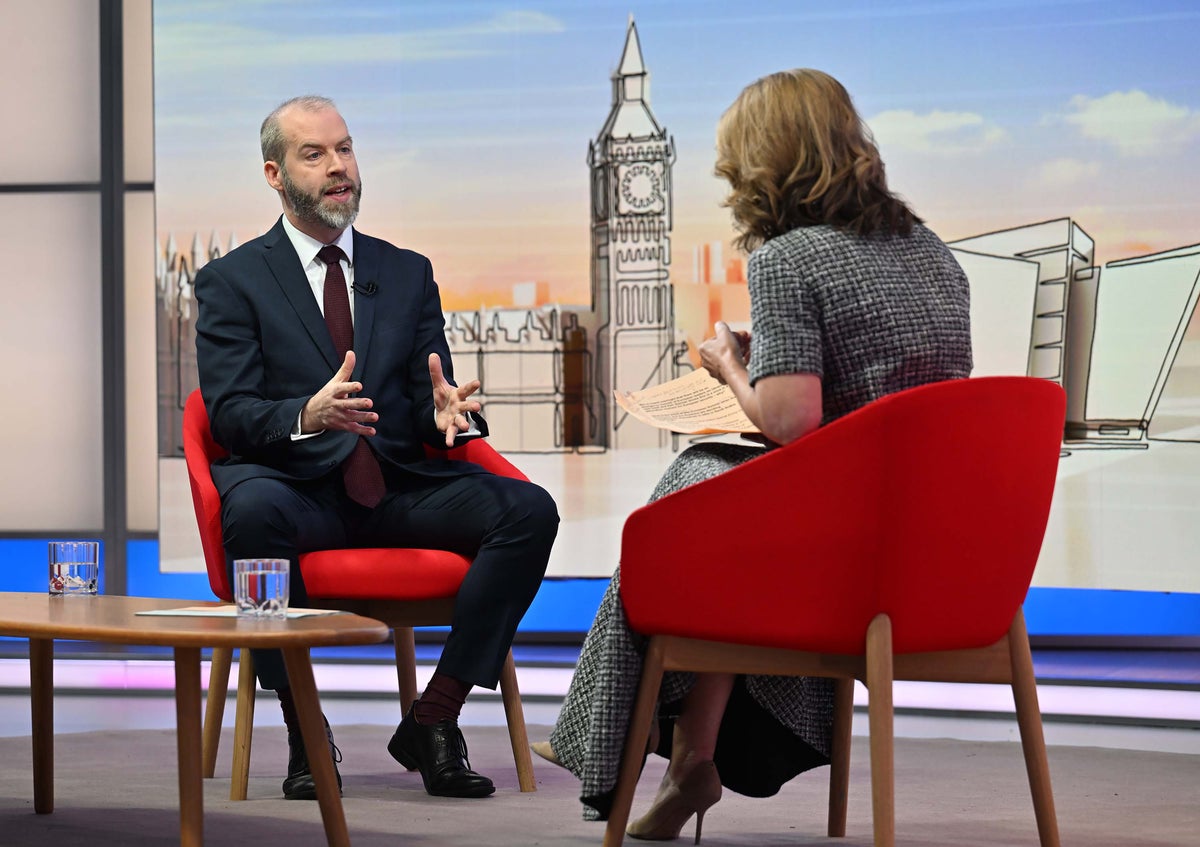Romanian President Klaus Iohannis has announced his resignation, stepping down from office as the country faces growing political turmoil following the annulment of last year’s presidential election.
The President decision comes just as lawmakers launched impeachment proceedings against him, amid rising tensions over alleged Russian interference in the electoral process.
The controversy began when Romania’s top court canceled the December presidential elections after intelligence reports pointed to Russian meddling.

The decision came after the surprising first-round victory of far-right candidate Calin Georgescu, a previously little-known figure. With public anger mounting over the election’s annulment, opposition parties seized the moment to push for Iohannis’s removal.
Initially, the pro-European leader vowed to stay in office until a new vote could take place in May. However, with Parliament officially beginning impeachment proceedings on Monday, Iohannis chose to step aside to prevent further chaos.
“In order to spare Romania and the Romanian citizens from crisis… I resign from the office of President of Romania,” he announced, confirming that his resignation would take effect on Wednesday.

“In a few days, the Romanian Parliament will vote on my suspension, and Romania will go into crisis… This whole endeavor will have effects internally and unfortunately also externally.” He maintained that he had “never violated the constitution.”
The resignation was celebrated by Romania’s far-right, which has been surging in popularity due to public frustration over rising inflation and concerns about Russia’s war in neighboring Ukraine. Hundreds of supporters gathered in Bucharest following the announcement, with some clashing with police.
Georgescu, who had secured victory in the first round before the election was annulled, called Iohannis’s resignation a “victory for the people of Romania.” He urged the government to proceed with the second round of elections, writing on X: “Now, it’s time to return to ‘rule of law’ – resume 2nd round of elections!”

George Simion, leader of the far-right AUR party, echoed this sentiment, declaring the resignation as a triumph for ordinary Romanians. His party’s growing influence was evident in the December parliamentary elections, where the far-right secured an unprecedented one-third of the vote.
With Iohannis stepping down, Senate President Ilie Bolojan, a liberal leader, is expected to assume the presidency until fresh elections take place.
Romania now faces a renewed electoral process, with a new first round of presidential elections scheduled for May 4 and a second round on May 18, if no candidate secures more than 50% of the vote in the first round.
The annulment of an election is an extremely rare occurrence within the European Union, and this decision has thrown Romania into uncertainty. Georgescu has described the move as a “formalized coup d’état”, while critics worry about the growing influence of nationalist and far-right movements.

The decision to cancel the December elections was based on declassified intelligence documents, which pointed to “aggressive Russian hybrid actions”, including cyberattacks and a large-scale social media campaign to promote Georgescu.
Despite his previous praise for Russian President Vladimir Putin and criticism of NATO, Georgescu has recently shifted his stance, branding himself as an “ultra pro” supporter of U.S. President-elect Donald Trump. He denies any ties to Moscow. Klaus Iohannis, 65, has led Romania since 2014, navigating several political crises throughout his tenure.
AFP